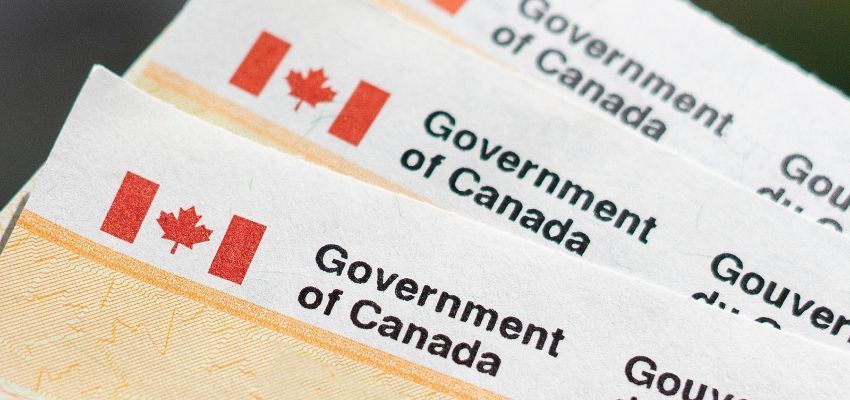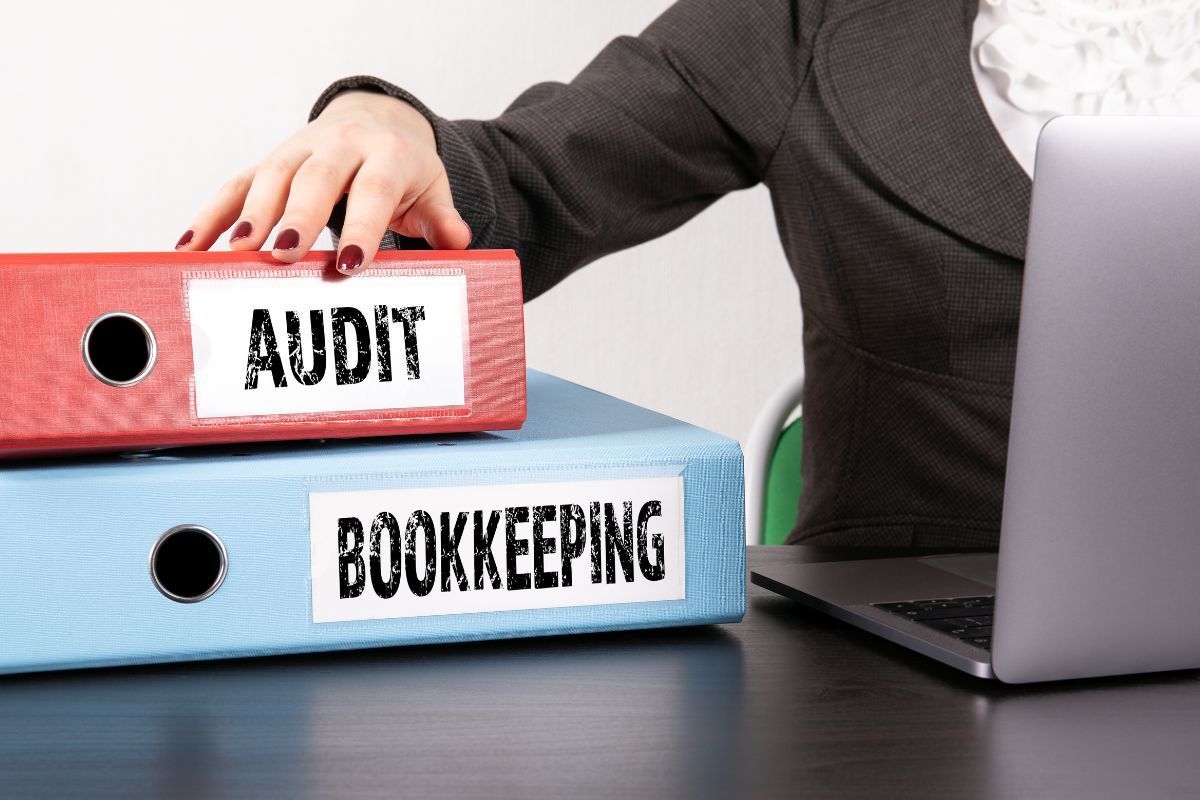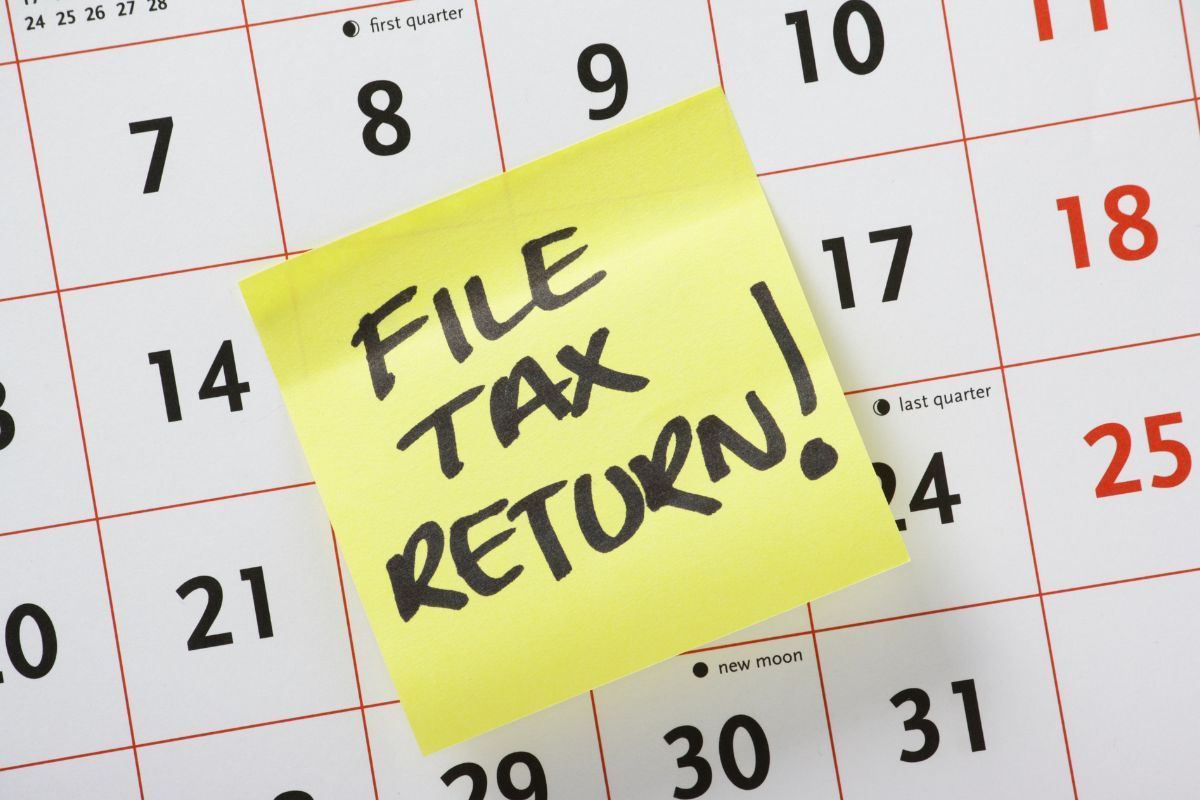When Does The Tax Year Start And End In Canada? A Full Guide
Feeling overwhelmed by the Canadian tax system? You're not alone. Navigating taxes can be daunting, but staying on top of them is essential for your financial well-being. Understanding key details, such as "when does the tax year start and end in Canada," can make all the difference. Whether you're new to the country or a long-time resident, staying informed is key. Know the deadlines and how the system works. It can save you time, lower stress, and even save you money.
In this article, we'll explore everything you need to know about the Canadian tax year, including when does the tax year start and end in Canada, key tax deadlines, and the steps to file your returns. Let's start by understanding the basics of the Canadian tax year.
Understanding The Canadian Tax Year
In Canada, the tax year aligns with the calendar year, spanning January 1 to December 31. Your annual tax return must report all income and expenses within this period. For most individuals, the filing deadline is April 30 of the following year. However, corporations or businesses operating on a fiscal year different from the calendar year may have specific deadlines.
Whether you're filing personal taxes or managing business finances, understanding these timelines is essential to avoid penalties and maximize eligible credits and deductions. Now, let's look at how these dates apply to individuals.

Tax Year For Individuals In Canada
The tax year in Canada follows the calendar year, from January 1 to December 31. Here are the key dates to remember for filing personal taxes in 2025:
- February. Employers provide T4 slips outlining your income and deductions from the previous year. By February 24, 2025, the NETFILE and ReFILE services will open, allowing you to file your taxes online easily.
- March 3, 2025. This is the deadline for contributing to your Registered Retirement Savings Plan (RRSP) to claim deductions for the 2024 tax year.
- April 30, 2025. The final date to file your personal income tax return and settle any outstanding balance.
Why Do Deadlines Matter?
Missing the April 30 tax filing or payment deadline can result in penalties, starting at 5% of the unpaid amount, plus an extra 1% for each month your return is late, up to 12 months. Filing early not only spares you from these costly penalties but also speeds up the processing of any refunds. For business owners, different rules may apply. Let's take a closer look at those next.
The Tax Year For Businesses And Corporations
While personal taxes in Canada follow the calendar year, businesses can choose a fiscal year that best suits their needs. The fiscal year doesn't have to align with the calendar year for corporations. Here's how the tax year works for businesses.
Fiscal Year Vs. Calendar Year
Unlike individuals, businesses can structure their fiscal year to cover 12 months, such as July 1 to June 30. Corporate tax returns must be filed six months after the end of the fiscal year. For example, if your fiscal year wraps up on June 30, 2025, your taxes must be filed by December 31, 2025.
Establishing Your Tax Year
A company's fiscal year is typically set during registration and must be reported to the Canada Revenue Agency (CRA). If a business needs to change its fiscal year, prior approval from the CRA is required.
Timely compliance is crucial, as late filings may result in hefty penalties and scrutiny from the CRA. Knowing all key deadlines and potential extensions is vital to staying on track.
Key Tax Deadlines And Filing Extensions
Keeping up with the tax deadlines is crucial to steer clear of penalties and keep your finances in order. Here are the important dates to remember every year:
- April 30. This is the deadline for filing personal income tax returns and making any owed payments.
- June 15. Self-employed individuals and their spouses or common-law partners must file their tax returns by this date. Since June 15, 2025, falls on a Sunday, the CRA will accept filings on time if submitted by June 16, 2025. However, any outstanding taxes must still be paid by the April 30 deadline.
- Corporate Taxes. Businesses must file their returns within six months of their fiscal year-end, with all payments due two months after year-end.
If you can't meet these deadlines, you can reduce penalties by applying for an extension or setting up a payment plan with the CRA. Proper planning ensures you stay compliant and stress-free. Now that you know the deadlines, let's explore the steps to filing your taxes.
How To File Taxes In Canada
Filing taxes in Canada doesn't have to be complicated if you stay organized. Follow these steps to make the process smoother:
Step 1: Organize Your Documents
Gather all the essential paperwork, including T-slips (like T4s), receipts, and forms related to deductions or tax credits. If you're a Canadian resident, don't forget to report your worldwide income. Fortunately, Canada's tax treaties with nearly 100 countries help prevent double taxation, making the process smoother. Once your documents are in order, it's time to choose your filing method.
Step 2: Select Your Tax Filing Method
When it comes to filing your taxes, you have three main options to choose from:
- Online Filing. The CRA's NETFILE service, which opened on February 24, 2025, offers a seamless, efficient, and stress-free tax filing experience.
- Paper Filing. Download the necessary forms from the CRA website, complete them, and submit them by mail.
- Hire a Tax Professional. If you're new to Canada or dealing with complex finances, reputable tax professionals such as Adil CPA can guide you through the process and make filing easier.
Once you've chosen a filing method, the next step is to make the most of your deductions and credits.
Step 3: Optimize Your Deductions And Credits
Make the most of the deductions and credits available to you. Here are some common examples:
- Credits. Take advantage of the Canada Child Benefit (CCB) and the GST/HST credit.
- Deductions. Maximize savings through contributions to RRSPs, tuition fees, or eligible moving expenses.
If you're a business owner, don't forget to claim deductions for essentials like office supplies, rent, or travel expenses. These opportunities can reduce your tax burden, so explore all your options. Filing early can also help you manage your finances better.
Step 4: File Early
Filing your taxes early speeds up your refund and gives you ample time to resolve any issues if you owe money. By getting ahead of the deadline, you can avoid the stress and errors that often come with last-minute filing.
Do you still have questions? Let's go over some frequently asked ones.

Frequently Asked Questions
What happens if I miss the tax deadline?
Unable to meet the tax deadline can lead to penalties and interest from the CRA. Initially, you'll face a 5% penalty on the outstanding balance, plus an additional 1% for every month the return is late, up to a maximum of 12 months.
Can I change my business's fiscal year?
Yes, you can change your fiscal year, but you must first obtain approval from the CRA.
What is the deadline for RRSP contributions?
The deadline for making RRSP contributions for the 2024 tax year is March 3, 2025.
When will I receive my tax refund?
Tax refunds are usually processed within two weeks for e-filed returns, while paper filings may take up to eight weeks to complete.
How do I file taxes if I'm self-employed?
Self-employed individuals must file their tax returns by June 15, but any taxes owed are due by April 30. Accurate records of income and expenses are crucial to maximizing business deductions.

Understanding Taxes Today For A Better Tomorrow
Understanding the Canadian tax system is key to managing your finances effectively. Knowing details like when does the tax year start and end in Canada
can help you stay organized and file accurately. You can ensure a smoother tax process by keeping up with deadlines, organizing your documents, and taking advantage of credits and deductions. Whether you're an individual, self-employed, or running a business, starting early and seeking professional advice when needed can make tax season far less stressful.
Want more information?
Richmond Hill, ON
Calgary, AB
Vancouver, BC
Ottawa, ON
Winnipeg, MB
Hamilton, ON
Halifax, NS
Mississauga, ON
Toronto, ON
Brampton, ON
Oakville, ON
Milton, ON
Markham, ON
Vaughan, ON



